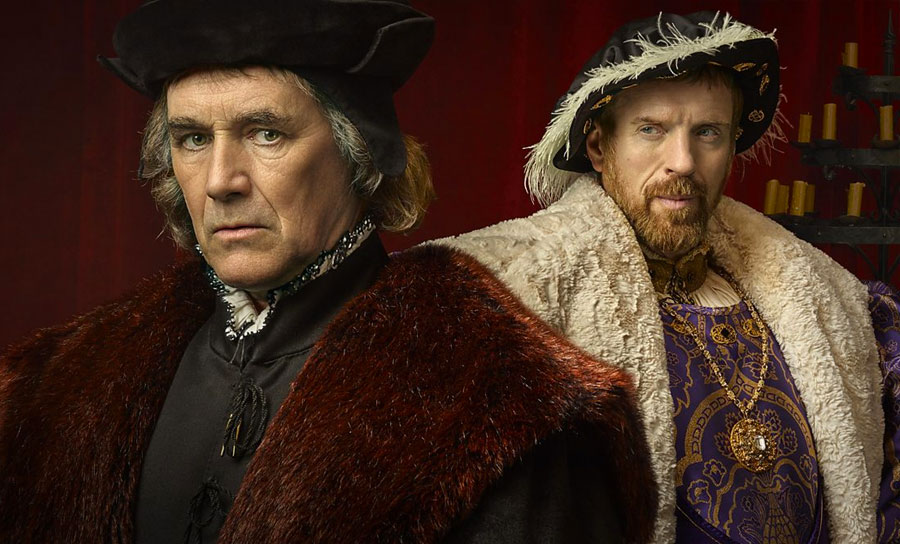Wolf Hall’s sequel music: The Mirror and the Light’s classical soundtrack

In early 2015, Hilary Mantel’s captivating Wolf Hall captivated audiences with its television debut. The sequel series, The Mirror and the Light, is soon to premiere, promising another enthralling experience. The original series drew viewers in with Mark Rylance’s portrayal of Thomas Cromwell and Damian Lewis as Henry VIII, under the skilled direction of Peter Kosminsky. The music, composed by Debbie Wiseman, also played a significant role, topping the classical charts and inspiring a concert tour.
Wiseman returns in 2024, alongside Kosminsky, Rylance, and Lewis, in The Mirror and the Light. This series resumes the narrative after Anne Boleyn’s execution, a pivotal moment orchestrated by Cromwell’s cunning. As history suggests, Cromwell’s fortunes may decline by the end of this six-part series, airing on BBC One and iPlayer in November.
This marks the ninth collaboration between the composer and director, a partnership that began three decades ago with The Dying of the Light. Their teamwork has produced acclaimed dramas for the BBC and Channel 4, such as Warriors, The Promise, The State, and The Undeclared War. Over time, Wiseman and Kosminsky have developed a highly productive creative synergy.
Wiseman finds the longstanding partnership beneficial, enhancing the collaborative process integral to her role. Understanding a director's vision and musically supporting it is her primary task. Directors’ feedback, whether positive or critical, is part of the creative journey she embraces.
For most projects, composers join during the final stages, often with music as an afterthought. However, Kosminsky involves Wiseman from the onset, even before filming begins. This early collaboration allows them to explore musical ideas, some of which influence the series significantly.
Working together at an early stage offers practical benefits. Knowing the musical themes helps during filming, and editor David Blackmore can integrate Wiseman’s compositions instead of temporary tracks. This approach aids in character development, as discussing them musically can provide new insights.
For Wolf Hall, Wiseman created a chamber score featuring a variety of period instruments like the recorder, harpsichord, and lute, blending historical authenticity with a modern emotional tone. This choice was deliberate, aiming to present the characters’ experiences as their present reality, not merely historical reenactment.
The score doesn’t simply reflect the era; it speaks to contemporary audiences, offering insights into Cromwell’s complex inner world. Without narration, Wiseman’s music becomes a vital tool in conveying Cromwell’s emotions and psychological landscape.
Cromwell’s theme in Wolf Hall is bold and assertive, mirroring his ambitious rise. However, in the new series, the music shifts to minor keys, hinting at changes in his relationship with King Henry.
Wiseman’s new score retains the essence of Wolf Hall while introducing fresh themes. A significant new theme, performed by soprano Grace Davidson, plays a crucial role, linked to a pivotal moment when Cromwell encounters Cardinal Wolsey’s illegitimate daughter, Dorothea. This meeting profoundly impacts him, and the theme reflects its lasting influence throughout the series.
During the recording at London’s AIR Studios, Wiseman conducted while Kosminsky and editor Blackmore observed. The session demonstrated Kosminsky’s clear vision for the music, with Wiseman adeptly bringing it to life. Unlike many directors, Kosminsky rarely alters his musical choices once they align with his vision.
The collaboration between Peter Kosminsky’s direction and Debbie Wiseman’s compositions has resulted in some of the most compelling television of recent years. This series also serves as a tribute to author Hilary Mantel, whose storytelling inspired the adaptation. Her unique narrative style remains central to the production, with the team striving to honor her legacy.
